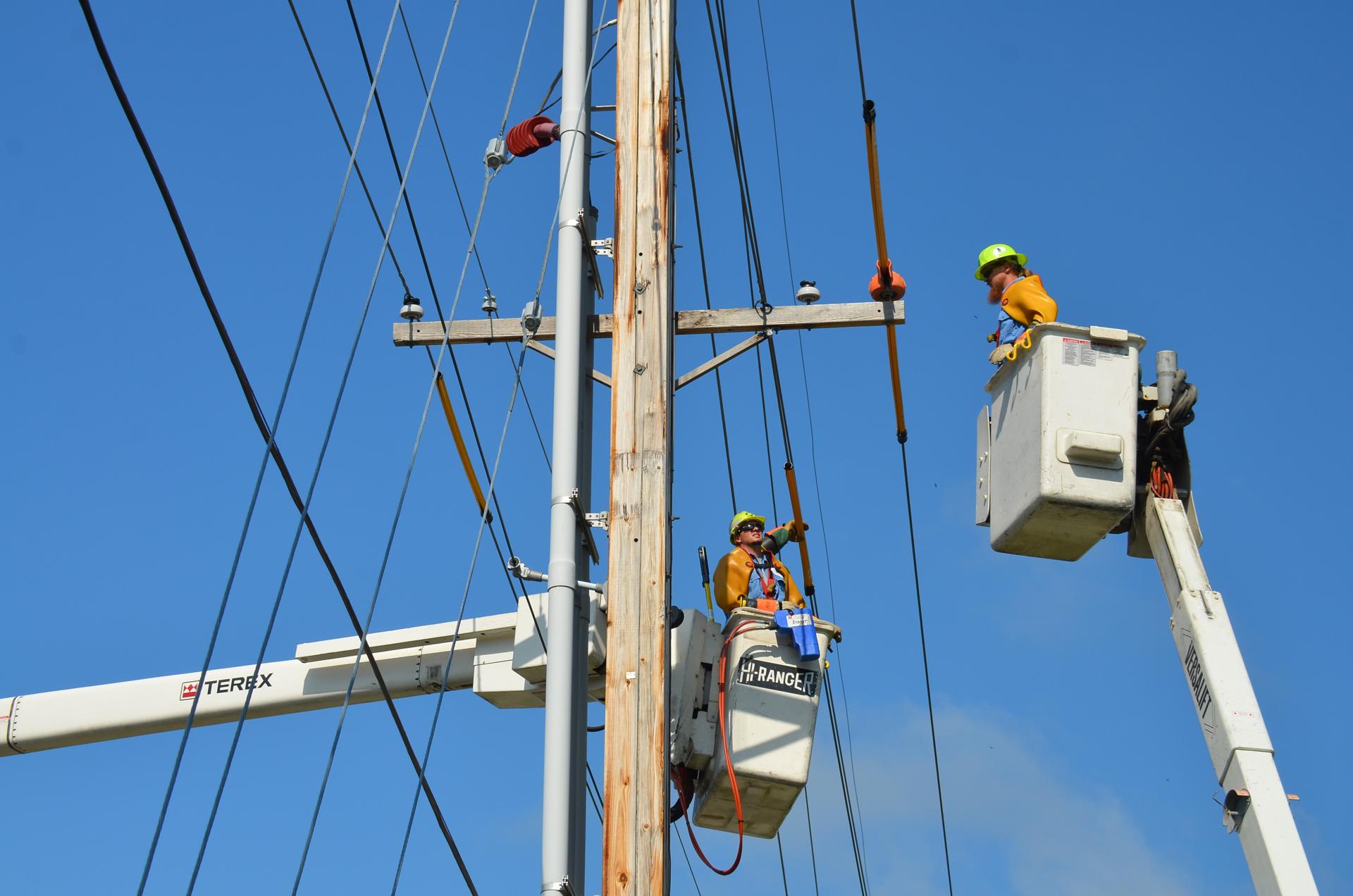Debunking the Myths: The Truth About the Danger of Being an Electrician

Being an electrician is a job that comes with certain risks however, it’s one that can be made safe with the right precautions. At Local Electrician Castle Hill, we take security seriously and believe it’s important to educate our customers on the hazards of electrical work and how to avoid injuries.
Statistics on electrical accidents:
Electrical accidents can happen both in the workplace as well as at your home. In fact, according to the Electrical Safety Foundation International, there were more than 2,000 electrical deaths within the United States from 2003 to 2018. The most common causes of these incidents are electrocution and electrical fires.
One of the best methods to prevent electrical injuries is to engage an authorized electrician. They are knowledgeable and have the expertise to manage electrical work safely and efficiently, reducing the possibility of injuries.
Safety Precautions
One of the primary safety measures electricians can adhere to is wearing protective equipment, like gloves, eye protection, and equipment that is insulated. They should also switch off the power prior to beginning work and follow lockout/tagout protocols to ensure that electricity is off during their work.
Homeowners, in particular, should consider it crucial to avoid attempting electrical work by yourself. Even seemingly simple tasks, such as changing the outlet or replacing a lighting fixture, could be hazardous if they’re not done correctly. It’s best to call a licensed professional to handle any electrical work.
Training and Certification:
To become a licensed electrician an individual must complete an extensive course of study in order to pass the certification test. This ensures that they have the knowledge and skills to work with electricity efficiently and safely. At Local Electrician Castle Hill, we only employ licensed electricians, which means you can rest assured that your electrical work will be completed correctly.
Conclusion:
As a summary, being an electrician does come with certain hazards, but they are minimized with appropriate precautions. We at Local Electrician Castle Hill, we take safety seriously and want our customers to understand the importance of hiring a licensed electrician to meet their electrical requirements. Be aware that for any electrical services you require, it is possible to reach us at Local Electrician Castle Hill at 1300 941 876.
FAQ:
What should I do if I encounter an electrical problem?
If you encounter an electrical emergency the first thing you need to do is turn off the power to the area affected and then call an authorized electrician. Never attempt to fix the problem yourself, as this can be dangerous.
What is the best method to avoid electrical accidents at home?
The most effective way to prevent electric accidents in your home is to hire an experienced electrician for all electrical work you want done. In addition, be sure to avoid overloading outlets, use extension cords safely, and replace the damaged electrical devices and cords.
Do I have the ability to conduct my own electrical work or should I always employ an electrician?
While it’s tempting to try saving money doing your own electrical work it’s not advised. Electrical work can be dangerous so it’s recommended to engage an authorized electrician with the proper knowledge and skills to manage the job safely.
How can I determine whether an electrician is licensed and qualified?
To ensure you know that the electrician is licensed and qualified, you can check with the licensing board of your state, or ask for their certificate and license. Here at Local Electrician Castle Hill, all of our electricians are licensed and certified.
What types of electrical services does Local Electrician Castle Hill offer?
At Local Electrician Castle Hill, we offer an array of electrical services, such as electrical installation and repair as well as upgrades to electrical panel lighting installations and much more. Contact us via 1300 941 876 to learn more about our offerings and the ways we are able to help to meet your electric requirements.
